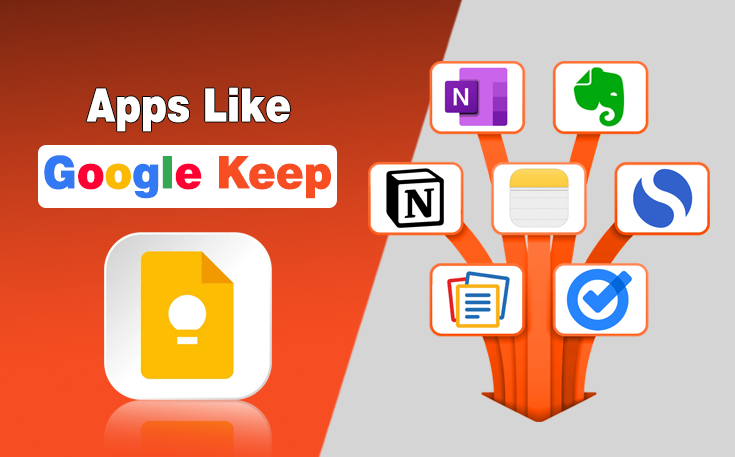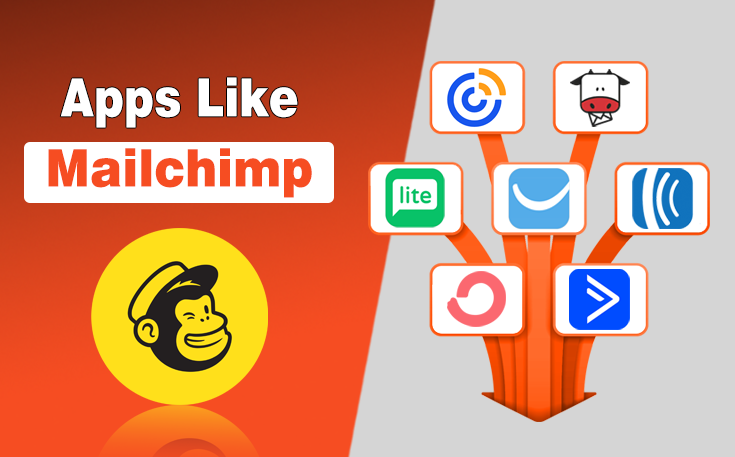Digital marketing is classified into multiple categories with varying capabilities and functions. Performance Marketing is one of them in which advertisers pay for their ad campaigns based on specific metrics like CPC, CPA, and more. It suits best for small businesses and those that have a small advertising budget.
Additionally, it is considered one of the most cost effective methods in the field of Digital Marketing. However, most people are unaware of this tactic. That’s why I have created this Performance Marketing guide to let you know how it works
What is Performance Marketing?
The performance marketing definition is as below:
Performance marketing is a digital marketing strategy that focuses on results and advertisers pay when specific marketing objectives are achieved.
Performance Marketing includes clicks, sales, and other customer behavior. Brands can easily promote their products based on performance from multiple methods like PPC Advertising, Affiliate Marketing, Search Engine Marketing (SEM), and Social Media Advertising.
Performance Marketing vs Affiliate Marketing
Many people assume that performance and Affiliate Marketing are the same, but there is a major difference between them. Performance Marketing allows brands to target specific audiences and increase the overall sales from ad campaigns. Affiliate Marketing allows its affiliates to share affiliate links on their sites or social media profiles, and they will get a certain amount of commission on each sale.
How Performance Marketing Works?
Performance Marketing is a marketing strategy where advertisers pay for particular results like sales, clicks, or leads instead of other marketing methods. After completely understanding what is performance marketing, you must know it’s working as well.
It involves cooperating with publishers, affiliate marketers, or other social media influencers in order to sponsor the specific brand’s products or services to their audience. Advertisers set specific goals and metrics to pay accordingly.

There are multiple tracking methods available from which you can measure Performance Marketing. This allows brands to gain insights about their ad campaigns and pay accordingly. It is highly beneficial for those in increasing the brand’s sales and Return on Investment (ROI).
They can easily allocate a specific budget for the execution of ad campaigns and achieve their business goals. Additionally, incorporating Marketing Mix Modeling can help businesses evaluate the overall impact of both online and offline marketing efforts, providing a more comprehensive view of ROI and campaign effectiveness.
Types of Performance Marketing
Most people ask about the difference between digital marketing and performance marketing. The simple answer is that performance marketing utilizes the potential of strategies involved in digital marketing.
Talking about performance marketing, it has four major types from which you can pay only when a user clicks on the ad or makes a purchase from this ad. All 4 types of this marketing strategy are explained below:
1. Social Media Advertising
This type of Performance Marketing allows you to create ad campaigns on various social media platforms like Facebook, Instagram, Twitter, LinkedIn, and more. These campaigns target new customers and encourage them to click on it or make a purchase. Not every social media advertising is Performance Marketing, as some are used for increasing brand reputation.
2. Search Engine Marketing (SEM)
Brands can create ad campaigns on numerous search engines like Google and Bing to target customers according to a specific search query. These search engines display these ads to those users who are searching for a specific product to buy. It helps brands to target the customers directly and encourage them to purchase from their online store.
3. Influencer Marketing

Influencer marketing is promoting a brand’s product with the help of social media influencers to build trust among customers. Many brands have achieved their business goals by partnering or collaborating with the most famous personalities. It builds a direct connection between the brand and the audience, which encourages them to make a purchase.
4. Sponsored Content
The process of sponsored content is similar to Influencer Marketing, but the main difference is that brands hire a specific publication to write content for their famous magazines or blogs to promote the specific product. Brands can easily write content about their products in which the blog personally recommends their products to its readers.
What are the Key Benefits of Performance Marketing?
It is essential for you to know the benefits after understanding what is performance marketing. This marketing has multiple benefits as it will never face a downtrend in the future. I have explained the Performance Marketing benefits below:
1. Budget Friendly Campaigns
Performance marketing allows you to pay only when a user clicks on the ad or purchases a product from that ad. This makes sure that every penny you spend on advertising campaigns is valuable.
2. Effective Tracking
These ad campaigns provide comprehensive details about conversion rate, click-through rate, and Cost Per Acquisition (CPA). This helps you identify what you are achieving from these campaigns and improve them accordingly.
3. Target Specific Audience
This marketing allows you to target specific customers and audiences so that those users who are looking for a particular item can purchase from your website or store.
Pros and Cons of Performance Marketing
| Pros | Cons |
|---|---|
| Measurable Return on Investment (ROI) | May lead to inaccurate ad campaigns measurement. |
| Affordable | May lead to inaccurate ad campaign measurement. |
| You can increase or decrease your budget according to your business goals. |
Final Thoughts
There are multiple benefits of Performance Marketing as you do not need to pay for advertising until someone purchases your item or clicks on your ad. Small businesses can gain a lot of benefits from this type of marketing as they have less advertising budget.
They can also identify the performance of their ad campaigns and improve accordingly. This helps them understand customer behavior and improve their advertisements accordingly. This article has completely described what is Performance Marketing and how you can gain benefits from it.
People Also Ask
How Performance Marketing is measured?
There are multiple monitoring technologies from which these ad campaigns are measured like performance, ad clicks, CPA, and more.
How do advertisers pay for Performance Marketing campaigns?
Advertisers pay for their ad campaigns based on Cost Per Acquisition (CPA), Cost Per Click (CPC), and Cost Per Lead (CPL).
Can performance Marketing be used for brand awareness?
You can use it for brand awareness via monitoring impressions and audience reach, but its main purpose is to get direct responses from customers.
Need custom app with amazing features?
Get a Quote




